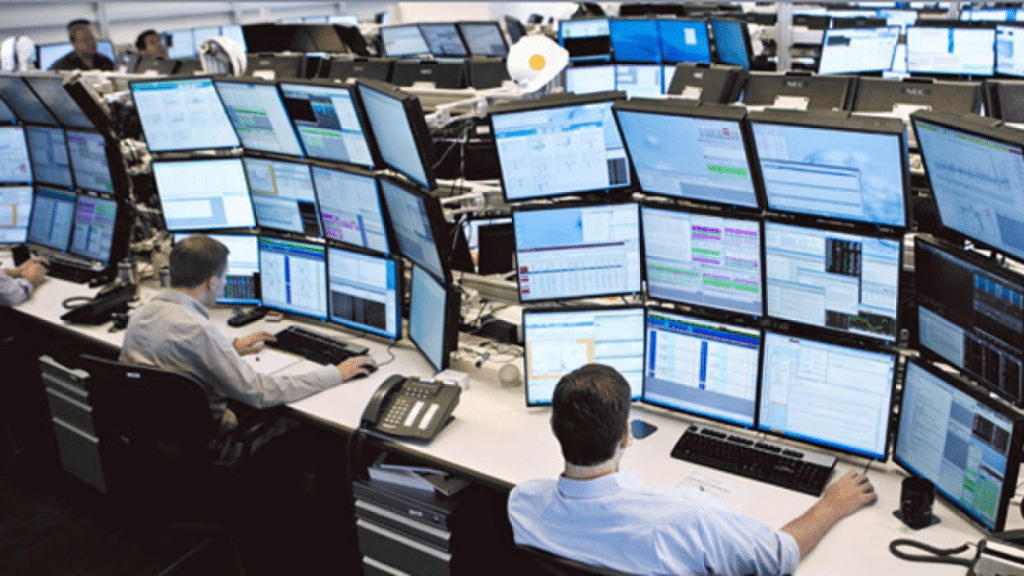In the world of finance and trading, the term market maker plays a crucial role in ensuring liquidity and the efficient functioning of markets. But what exactly is a market maker, and how does it work?
Market Maker Definition
A market maker is an entity, typically a financial institution or a brokerage firm, that stands ready to buy and sell securities, such as stocks, bonds, or cryptocurrencies, at any given time. They play a vital role in ensuring liquidity within markets by maintaining an inventory of assets and offering to buy or sell these assets at specified prices. By doing this, market makers help to narrow the bid-ask spread and facilitate smooth trading by reducing price volatility.
Market makers provide continuous quotes for both the buying and selling price of an asset, and they earn a profit from the difference between these prices, known as the spread. They may also earn fees for executing trades, which further incentivizes their role in the market.
How Market Makers Work
Market makers contribute to the market by always being ready to buy and sell a particular asset. This allows traders to enter and exit positions with ease, which is especially important in less liquid markets. Here’s how it works:
- Providing Liquidity: A market maker helps to maintain liquidity by being available to purchase assets from sellers and sell assets to buyers. This availability is crucial for markets where trades might otherwise be less frequent.
- Setting the Bid and Ask Price: A market maker quotes both a bid price (the price they are willing to buy at) and an ask price (the price they are willing to sell at). The difference between these two prices is known as the spread.
- Profit from Spread: The market maker profits by buying at the bid price and selling at the ask price, capturing the difference (spread) as revenue. This spread can be a source of consistent profit, especially in high-volume markets.
- Risk Management: Since market makers hold an inventory of assets, they are exposed to certain risks if the market moves unfavorably. To mitigate this, market makers use advanced risk management strategies, including hedging techniques, to protect against large price fluctuations.
Why Market Makers Are Important
Market makers play a pivotal role in ensuring that financial markets function smoothly and efficiently. Without them, buyers and sellers might find it harder to transact, especially in less liquid markets. By providing consistent liquidity, market makers help reduce the cost of transactions and improve the overall stability of the market.
They are also essential for ensuring that there is no significant disparity in prices between the buy and sell sides of an asset, contributing to fairer and more transparent pricing for all participants.
Market Makers in Cryptocurrency Markets
In the world of cryptocurrency trading, market makers are also critical. Due to the relatively new and volatile nature of crypto markets, liquidity can sometimes be an issue. Market makers help to smooth out the process by ensuring that there is always a buy and sell price available for popular coins, reducing the impact of volatility and encouraging trading.
Conclusion
In summary, a market maker is a crucial participant in financial markets that provides liquidity, reduces volatility, and enhances market efficiency. Their role is particularly essential in ensuring seamless trading by continuously offering to buy and sell assets. Whether in traditional stock markets or the rapidly growing cryptocurrency markets, the role of market makers is indispensable for smooth, functional markets.
